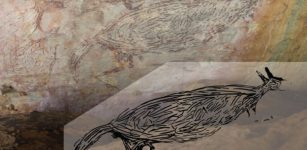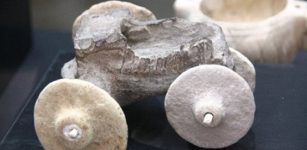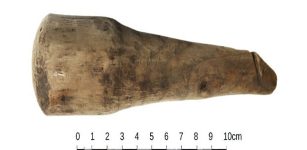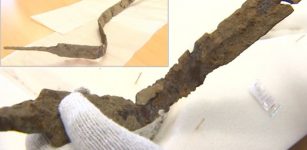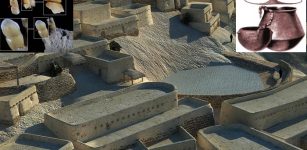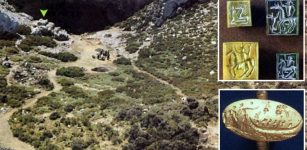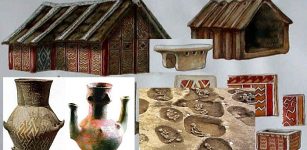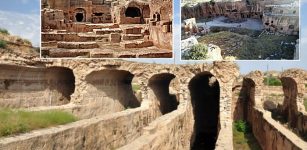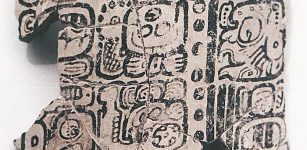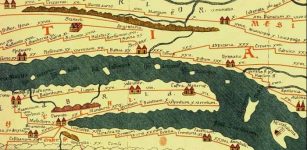Ancient Egyptian Village That Is Far Predating Egypt’s Oldest Known Pyramid – Discovered
AncientPages.com - Remains of an ancient village, dating back to about 5,000 BC, has been discovered by the Egyptian-French archaeological expedition, led by Dr. Frederick Gio.
Archaeologists say it is one of the oldestt-known villages in the Nile Delta, predating the pyramids at Giza by 2,500 years.
The village is located in the fertile Tell al-Samara, in the northern province of El-Dakahlia, approximately 140 kilometers (87 miles) north of Cairo, according to the Egyptian Ministry of Antiquities
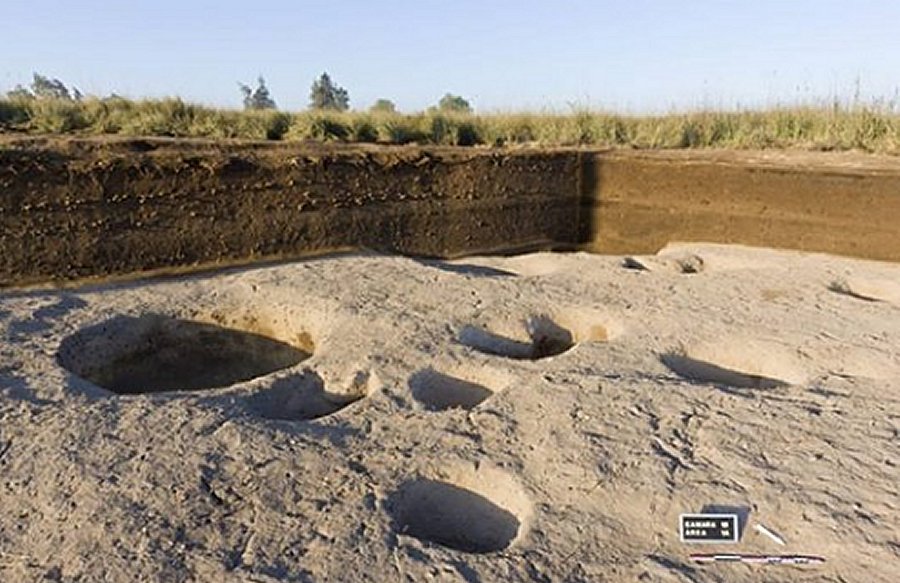
Remains of the ancient Egyptian village that predates the country's oldest pyramid. Image credit: Egyptian Ministry of Antiquities
The place is far predating Egypt’s oldest known pyramid.
“Analysing the biological material that has been discovered will present us with a clearer view of the first communities that settled in the Delta and the origins of agriculture and farming in Egypt,” said Nadia Khedr, a ministry official responsible for Egyptian, Greek and Roman antiquities on the Mediterranean.
Dr. Ayman Ashmawy, head of Egypt's archeology sector, said that the importance of this discovery is due to the fact that these buildings, which date back to this era, are not known in this area, and were not disclosed except in one location only, Sais.
He added that the mission also carried out the excavation of the remains of buildings of the modern Stone Age (4200-2900 m) in the lower layers of the hill, which lasted until the second family era.
The discoveries made in the area are of great importance because they contribute with more knowledge about the prehistoric inhabitants that lived in the Nile Delta thousands of years before the legendary King Menes united Lower and Upper Egypt, founding the first dynasty of the Egyptian Pharaohs.
See also:
Menes – Legendary First Monarch Probably Under Different Names Who Unified Egypt
According to Frederic Gio, the expedition unearthed many storage silos that contained abundant quantities of animal bones and plant residues. It also found pottery and stone tools that confirmed the presence of stable communities in the wetlands of the Delta since the 5th millennium BC.
AncientPages.com
Expand for references
